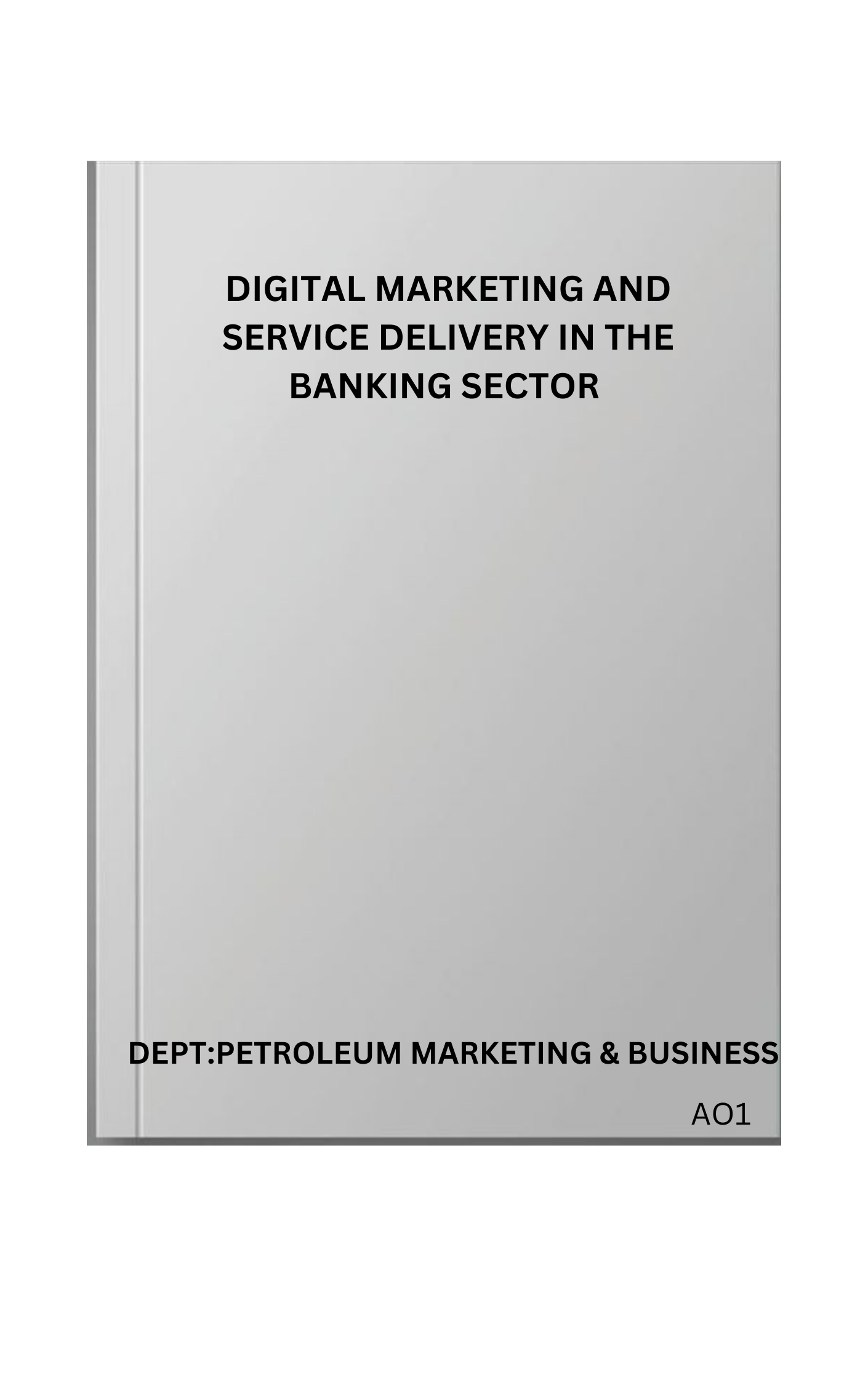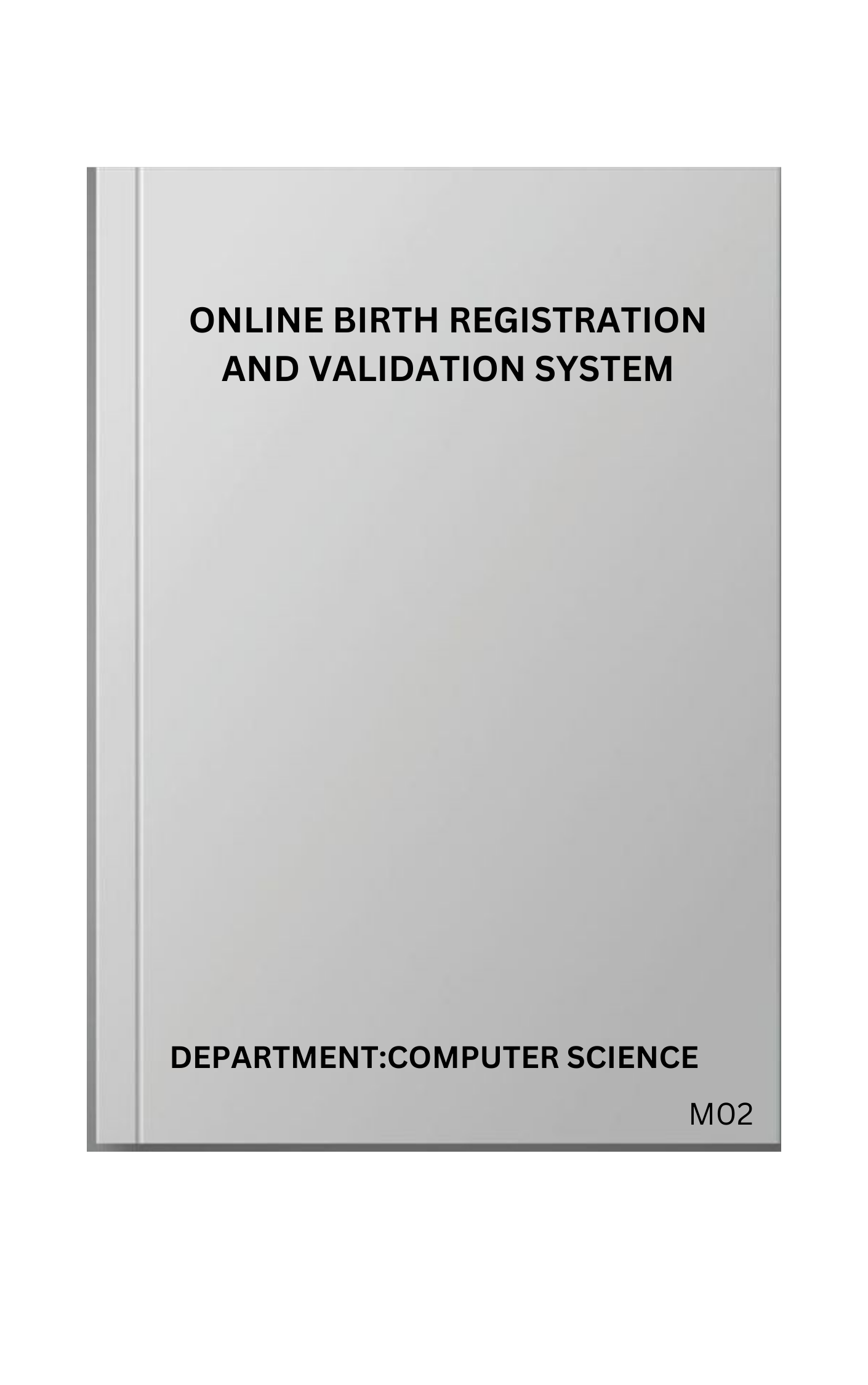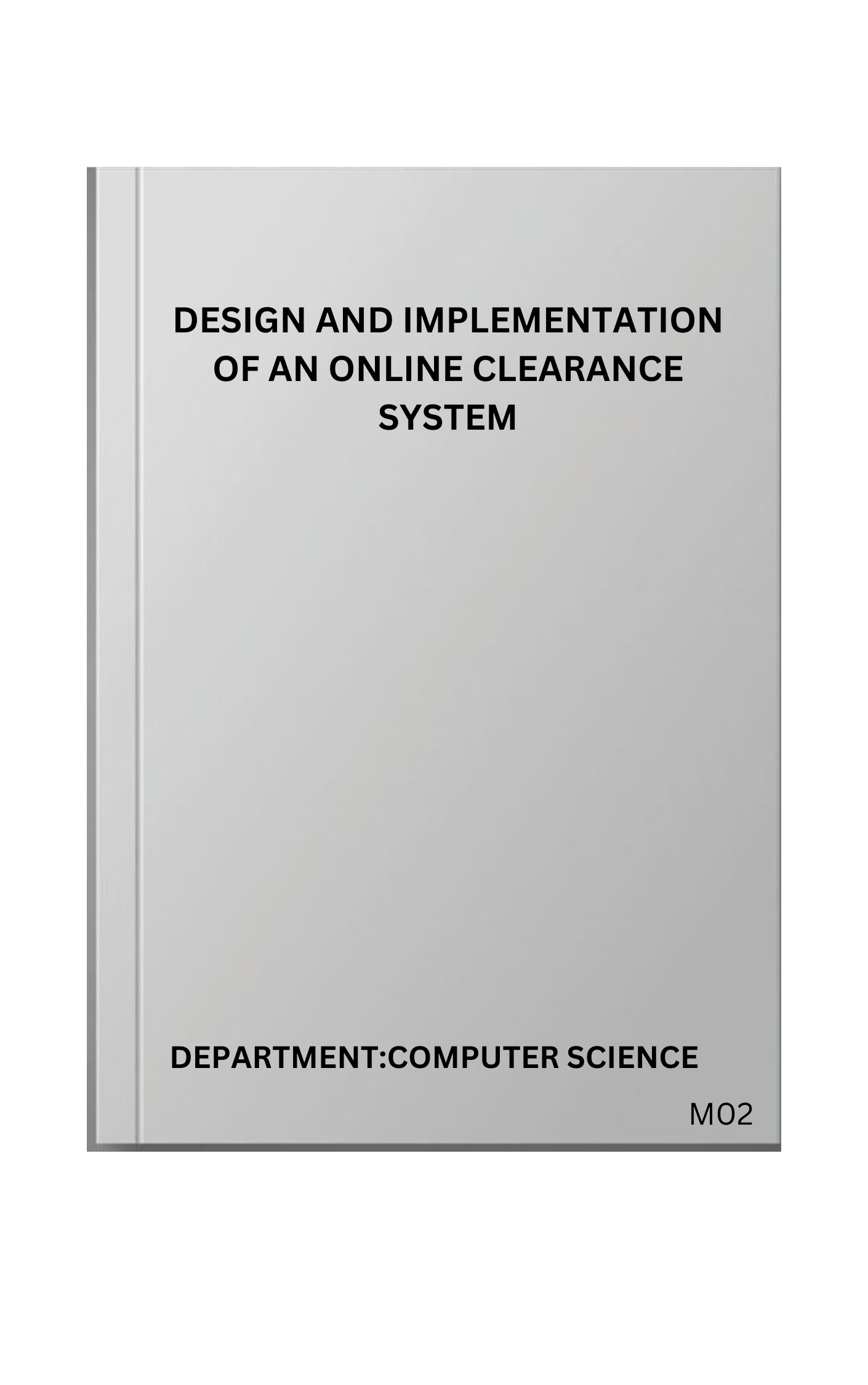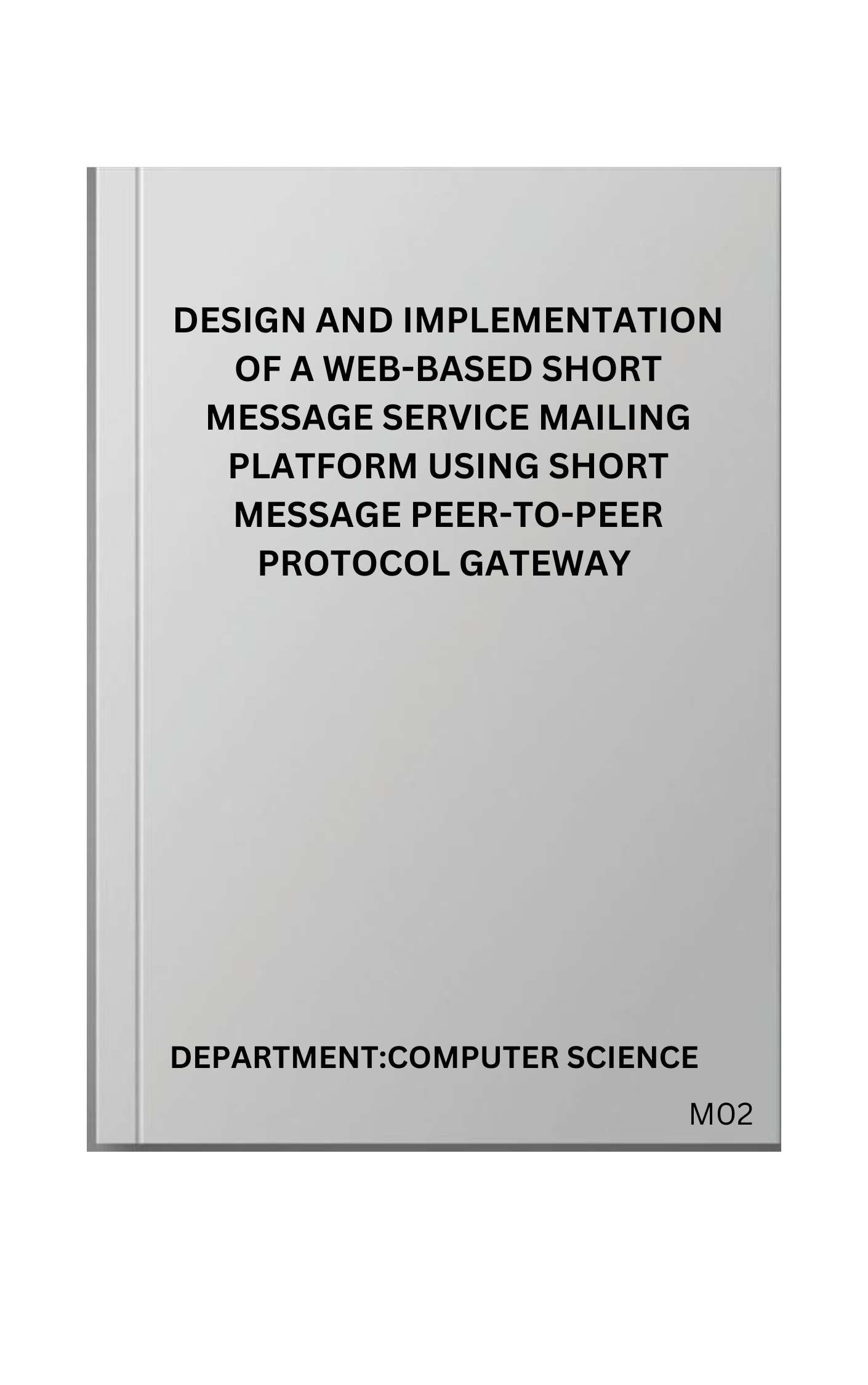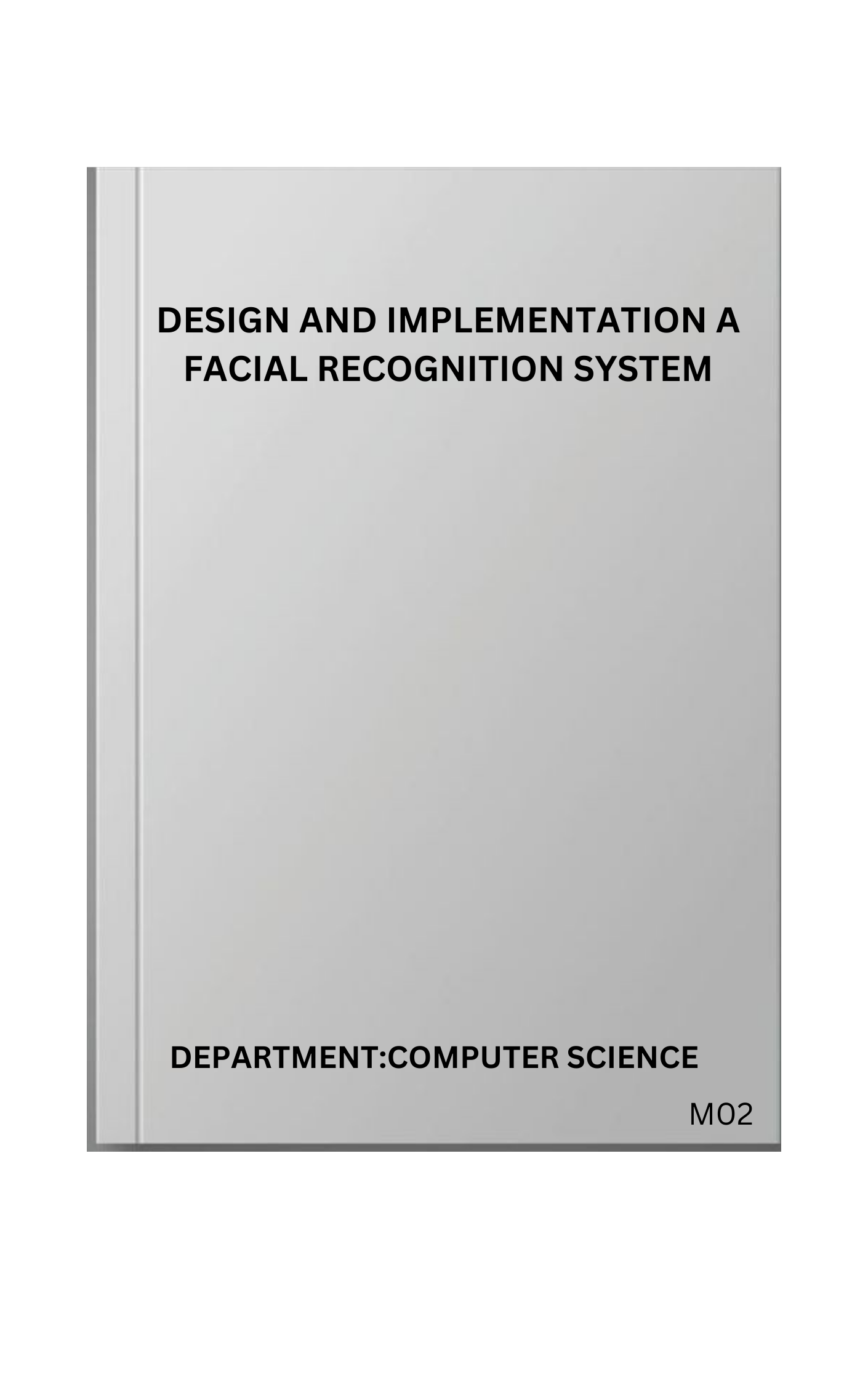CHAPTER ONE: INTRODUCTION
1.1 Background to the Study
In recent years, the banking sector has undergone a significant transformation driven by digitalization, with banks increasingly adopting digital marketing strategies to enhance service delivery. Digital marketing encompasses various online platforms and technologies used by banks to engage customers, promote products and services, and streamline operations. The advent of social media platforms, email marketing, mobile applications, and Search Engine Optimization (SEO) techniques has revolutionized how banks interact with customers and deliver services.
The COVID-19 pandemic accelerated the shift towards digital channels in the banking sector, as customers sought convenient and contactless ways to manage their finances. This digital transformation has reshaped customer expectations, prompting banks to invest heavily in digital marketing initiatives to remain competitive. In Nigeria, particularly in regions like Warri and its environs, where the banking sector is rapidly evolving, understanding the impact of digital marketing on service delivery is crucial for banks to meet the evolving needs of their customers (Emeh, Ahaiwe & Okoro, 2018).
Digital marketing strategies offer banks numerous benefits, including increased customer engagement, expanded reach, and improved operational efficiency. Social media platforms like Facebook, Twitter, and LinkedIn provide banks with channels to interact with customers in real-time, gather feedback, and deliver personalized services (Kiradoo, 2017). Email marketing campaigns allow banks to communicate promotional offers, updates, and important information directly to customers' inboxes, fostering customer loyalty and retention (Piabari, Horsfall, Uwhubetine & Okpalap, 2022). Mobile banking applications have become indispensable tools for customers, offering convenient access to banking services anytime, anywhere. Furthermore, effective search engine optimization strategies enhance banks' online visibility, driving traffic to their websites and increasing brand awareness (Ihunwo & Barasin, 2023).
As banks in Warri and its environs embrace digital marketing to enhance service delivery, there is a need for empirical research to evaluate the effectiveness of these strategies and their impact on customer satisfaction and loyalty. By studying selected banks in the region, this research aims to provide valuable insights into the role of digital marketing in shaping the future of the banking sector.
1.2 Statement of the Problem
In the rapidly evolving landscape of the banking sector, digital marketing has emerged as a critical tool for enhancing service delivery and engaging customers.
However, despite the widespread adoption of digital marketing strategies by banks, there remains a gap in understanding their effectiveness in the context of banks in Warri and its environs. Despite the proliferation of digital channels for banking services, customer perceptions and satisfaction levels regarding digital service delivery remain understudied. Understanding customers' preferences, concerns, and experiences with digital banking platforms is essential for banks to tailor their digital marketing efforts effectively. Implementing digital marketing strategies in the banking sector is not without challenges. Banks may encounter obstacles such as technological limitations, regulatory compliance issues, and cybersecurity risks. Exploring these challenges and their implications for service delivery is crucial for banks seeking to leverage digital marketing effectively (Piabari, Horsfall, Uwhubetine & Okpalap, 2022).
Hence, this study intends to investigate the effect of digital marketing and service delivery in the banking sector.
1.3 Research Questions
The research answer the following
1.Does the implementation of social media marketing significantly enhance customer engagement and satisfaction within banks?
2.Does the utilization of email marketing tactics result in increased customer acquisition and retention rates among banks?
3.Does the adoption of mobile marketing strategies contribute to improved accessibility and convenience for customers accessing banking services in banks?
4.Does the effective implementation of Search Engine Optimization (SEO) strategies lead to higher visibility and customer traffic for banking services offered by banks?
PAY TO GET COMPLETE PROJECT

